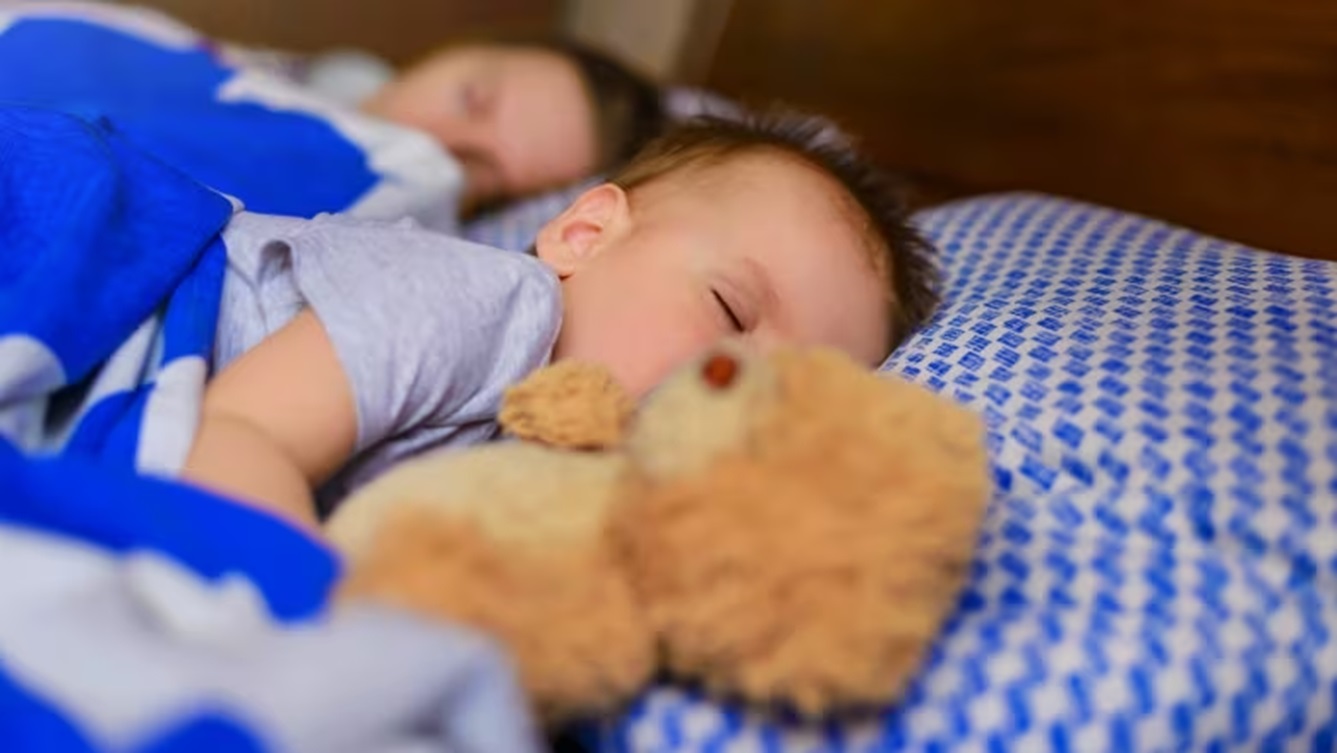
Parents seeking a quick fix for their child's sleep might be tempted by melatonin, but pediatricians warn it's not a magic solution. The reality is more intricate, with potential side effects such as nightmares and increased aggression. (Image: Shutterstock/Natalia Belay).
A significant proportion of children under 14 in the United States are being given melatonin supplements to aid in sleep, according to recent research. The increasing prevalence of this practice, described as "exceedingly common," has caught the attention of Canadian pediatricians who approach the trend cautiously.
A study conducted by researchers at the University of Colorado Boulder, detailed in the November issue of JAMA Pediatrics, aims to highlight the growing use of melatonin among children and teenagers. The survey, involving 993 families, revealed that almost one in five school-aged children under 14 now take melatonin. The study suggests that the availability of child-friendly forms like gummies may contribute to the rising usage.
Lead author Lauren Hartstein, a postdoctoral fellow at the university's sleep and development lab, emphasized the lack of long-term safety research on melatonin use in children and teens. Additionally, concerns were raised about the off-label use of melatonin in children, as Health Canada regulates it for sleep disruption in adults only.
Physicians, including sleep medicine specialist Reshma Amin from SickKids in Toronto, have noted an increase in melatonin use in children across various age groups. Amin cautioned against viewing melatonin as a "magic pill," emphasizing that its effects on the circadian rhythm, or sleep-wake cycle, are not fully understood.
Wendy Hall, a professor emeritus at the University of British Columbia, emphasized the importance of proper dosing and highlighted potential negative side effects, such as bad dreams and aggression. Hall suggested paying close attention to effective, low doses and secure storage to prevent accidental ingestion by children.
Experts recommend implementing better sleep practices before turning to melatonin supplements. These practices include preparing children for sleep without screens, maintaining consistent wake and bedtime schedules, ensuring appropriate pre-sleep meals, and tracking sleep patterns through a diary.
Despite the concerns, some parents, like Risa Waldman, have reported positive experiences with melatonin. Waldman shared her family's successful use of a small melatonin dosage for their preschooler, leading to improved sleep. However, experts stress the importance of seeking professional advice and exploring alternative strategies for sleep improvement before relying on supplements.















